(The opinions expressed in op-eds are those of the writer and do not necessarily represent the views of RedState.com.)
I don’t like Christopher Columbus. Or Cristoforo Colombo, or Cristóbal Colón depending on what language we are speaking. I simply was not raised to celebrate the day by my Cuban mother. For Republicans, Cuban-Americans are one of the groups at the forefront of Latino party expansion and relations. When some voices say that they do not like honoring Columbus, it’s not to “woke-mob” sanitize America’s favorite bank holiday. It’s because Cubans lived for four centuries under Spanish rule, and to be fair, the island never got the freedom they were after and are still seeking today. It’s because the celebration of Spanish conquests directly undermines the work of the heroes we actually celebrate.
For the second consecutive year, President Joe Biden issued two proclamations for the day, one declaring it Columbus Day, and the other for Indigenous People’s Day. The Columbus Day proclamation notes the history of the day is to honor Italians and immigrants. While I feel we can pick better Italian figures to uphold as representatives of the culture, and as someone with an Irish surname, I can think of more imaginative and enjoyable ways to celebrate a nation of people, as we do for St. Patrick’s Day, my aim is not to disavow Italians, immigration, or Catholicism, (having been raised in the religion myself because… Irish.) My aim is to challenge the associations of Columbus that I believe have been instilled through mass public school indoctrination and upheld by familiarity and comfortability alone. This can be seen in Biden’s proclamation, and while Columbus never stepped foot on present-day United States soil, he is accredited with “ultimately contributing to the founding of America.” This places Columbus as a hop, skip, and jump from the association of being a “Founding Father” of America. While Biden’s statement notes that others followed his lead in voyages, it forgets to recall that Columbus himself had followed the voyages of others, thus why he picked his route which was incorrect navigation, as we know.
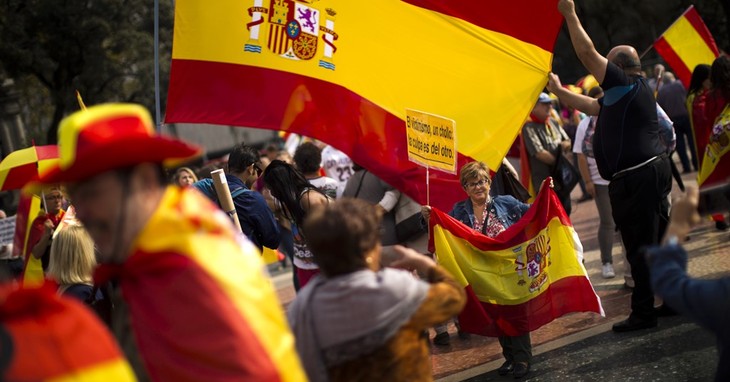
People are photographed next to Spanish flags as they celebrate a holiday known as “Dia de la Hispanidad” or Spain’s Hispanic Day in Barcelona, Spain, Monday, Oct. 12, 2015. The Monday holiday commemorates Christopher Columbus’ arrival in the New World and is also Spain’s armed forces day. (AP Photo/Emilio Morenatti)
Columbus, on his first Spanish Crown-sponsored voyage in 1492, landed in Cuba thinking it was a peninsula to mainland Asia, providing a route to India. Columbus described the people as hospitable and of the most populous of the indigenous groups, the Taino, he wrote:
“They were very well built, with very handsome bodies and very good faces….They do not carry arms or know them….They should be good servants.”
Under the instruction of King Ferdinand, the son of Christopher Columbus, Diego Columbus, was the governor-general of Hispaniola. He commissioned Diego Velasquez to conquer and settle Cuba. The Taino head Chief Hatuey (of present-day Haiti) had fled to Cuba in canoes with a group of 400 and warned the people of how badly the natives had been treated. In Spain’s colonized Hispanola, the Taino were forced to stop planting the crops that had sustained them for centuries, causing starvation, while being forced to work mining for gold instead. Diseases they had no immunity to like smallpox and measles killed many, some committed suicide to avoid being subjugated, some died fighting the Spaniards and unknown numbers fled to places beyond colonial control.
In A Short Account of the Destruction of the Indies published in 1552, Historian Bartolomé de Las Casas attributed the following speech to Hatuey while showing the other Taino a basket of gold and jewels:
Here is the God the Spaniards worship. For these they fight and kill; for these they persecute us and that is why we have to throw them into the sea… They tell us, these tyrants, that they adore a God of peace and equality, and yet they usurp our land and make us their slaves. They speak to us of an immortal soul and of their eternal rewards and punishments, and yet they rob our belongings, seduce our women, and violate our daughters. Incapable of matching us in valor, these cowards cover themselves with iron that our weapons cannot break…
In 1511, the Spanish would not be greeted by Taino’s prior hospitality, but with a barrage of arrows. Hatuey would resort to guerilla warfare and be captured by Spanish soldiers the following year. He was tied to a post and offered Christain salvation by a Spanish priest and rejected the notion saying “If Christians go to heaven, then I do not want to go to heaven.” They burnt him at the stake and in turn, collapsed the indigenous resistance. Taino people would be near extinction by 1550. Today there is a city named after Hatuey in Cuba, along with other monuments of the Taino hero.
Due to the lack of indigenous labor on the island, slaves were imported. Slavery would not end on the island until 1886, roughly 370 years later. On the subject of slavery in Cuba, this author would like to mark some distinctions. While slavery grew to be a global issue, Cuba has a distinctly outsized, preliminary, and prolonged role in the Trans-Atlantic slave trade, driven by the Spanish colonization directly related to Columbus, that genocided the indigenous.
For many Americans, their view of the Trans-Atlantic slave trade does not run through Christopher Columbus directly, but for Cuba it does. Havana would become the de facto capital of the New World before the Pilgrims ever landed in North America, with a full century of slavery ahead of the existence of American colonies. For America, Columbus does not have an actual role in founding the nation and slavery cannot be directly attributed to his activities. Even the plight of the Native Americans is disconnected from Columbus himself. I implore you to understand that is not the case for Cubans, Dominicans, Haitians, other islands of the greater and lesser Antilles, and the indigenous groups there.
When we talk about Cuba and slavery, it’s a bigger, longer history than America’s. The history is heavily centered around the production of sugar cane. Today, it is estimated that as much as 65 percent of the Cuban population is descended from slaves, while present questions still surround reported figures on Cuba’s population. Compared to America, that is a vastly different reality. So, Cuba cannot be regarded as simply another place that endured slavery, without painting an accurate portrayal.
From Hutchins Center for African and African American Research:
Cuba became the largest slave colony in all of Hispanic America, with the highest number of enslaved persons imported and the longest duration of the illegal slave trade. About 800,000 slaves were imported to Cuba—twice as many as those shipped to the United States.
During the 1776 American Revolution, the British banned trade between British sugar colonies and the American rebels. So, the Cubans supplied the Revolutionaries with sugar, molasses, and rum in exchange for goods and slaves. In 1762, Cuba was invaded and occupied by the British due to its strategic port and commerce, before it was returned to the Spanish later that year. Thus, Cuba sympathized with the American Revolution, financially supported Washington’s army, and Cuban soldiers fought against the British in North America and the Caribbean. In fact, Cubans financed the Battle of Yorktown that ended in British surrender. This was the decisive battle of the American Revolution.
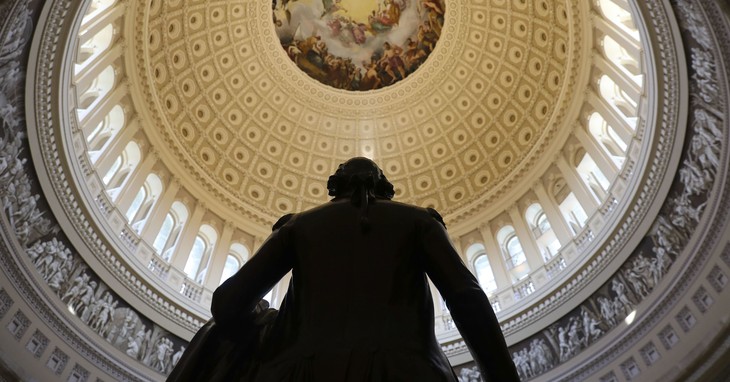
Perhaps the most important contribution coming from Cuba was financing the Battle of Yorktown. Popular remembrance of this claims that the money was quickly raised by Cuban citizens themselves, with the women of Havana contributing their jewels in support of the cause. However, this is considered by many historians to be a romantic exaggeration; in reality, the funds most likely came from a combination of Cuban treasury funds and private donations.
However they were raised, the funds were crucial to the American victory at Yorktown. By the summer of 1781, finances were strained; Continental currency was quickly on its way to collapse, and Washington’s forces were close to running out of money. The French were also feeling the strain, and a shipment of gold not expected until the fall. The money from Cuba arrived just in time to purchase supplies and pay troops for the upcoming Battle of Yorktown, which ended in British surrender. The American Revolution was won largely thanks to the support of Cuba.
The Haitian Revolution in the early 1800s likely prolonged any secessionist movements in Cuba, even as other Latin American nations secured their liberation, because the collapse of the Haitian sugar industry provided an economic and population influx into the island. Spain ruled Louisiana from a governorship in Havana from 1762 to 1800; the French Quarter was rebuilt after fires and modeled after Havana. Today’s structures in the French Quarter look more like Havana than France for this reason. The American Civil War would damage Louisiana’s sugar production, as it did with the American and Haitian Revolutions, and due to established ties between them, Cuba’s sugar industry would be a beneficiary.
But, the Big Sugar industry turned the island into both a slaveocracy and monoculture.
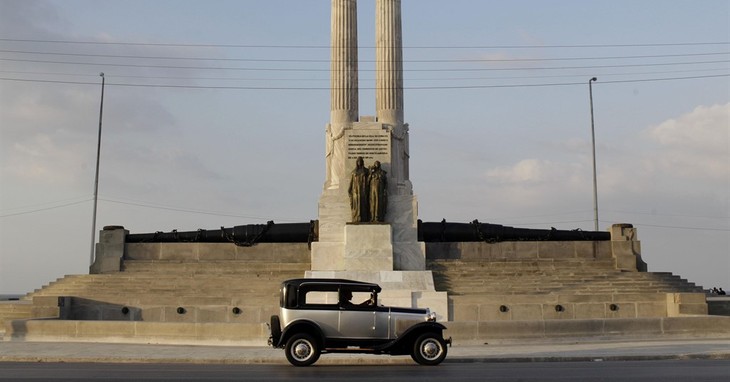
By the early 19th century, the sentiments between Cubans and Spain had soured and the idea of Cuban independence and national identity was on the rise, spearheaded by Jose Marti. Narciso López is another celebrated figure of Cuban Independence, the flag of Cuba today is his design that was carried by his liberation troops. His earlier attempts at liberation failed and he was captured in Havana and garroted. Marti too would end up a martyr for his cause of Cuban Independence, which was secured after three wars were fought: The Ten Year War, the Little War, and the War of Cuban Independence. The United States would help Cuban patriots in the latter, sparking the Spanish-American War after the Battleship USS Maine was sunk in Havana Harbor.
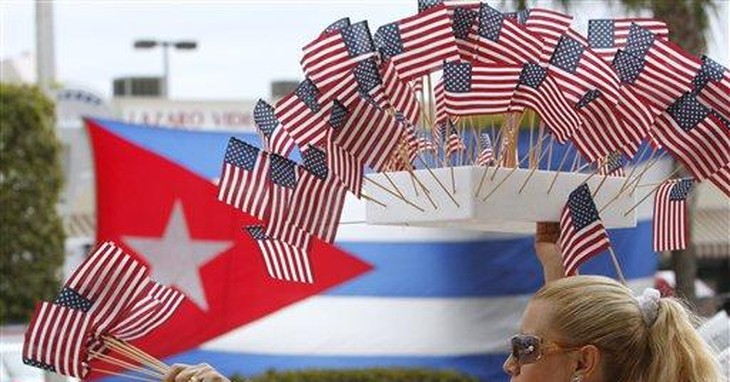
I wish that was the end of the story but for Cuba, it isn’t because their quest for liberation continues today.
For many Hispanic Americans, Columbus does not represent Italian immigration or culture, but a long history that can be attributed to the extinction of indigenous groups, a massive history of slavery, and many wars fought to change the course of that history. What Columbus did and believed is antithetical to the historical figures we celebrate, like Jose Marti and Chief Hatuey. Columbus Day doesn’t speak to the shared patriotic and independent spirit that tied the United States and Cuba in both of their revolutions against colonialism. I don’t agree that rejecting Columbus Day is an affront to western values. I don’t agree that there was anything inherently “freedom-loving” about Columbus. In the quest for liberty, Columbus is a hero to nobody in particular and certainly not to the most visible Hispanics in the Republican Party.
I’m tired of pretending the holiday includes American traditional customs that we cannot part with. I can’t think of any. Some people want to replace the holiday with Indigenous People’s Day. From a Cuban-American perspective, that makes perfect sense to me since the Taino people were wiped from the Earth in short order following Columbus’ arrival. I cannot conjure one sentiment of pride or kindred joy from Columbus, and I know everything we believe in and embody is in spite of that history. I don’t like Columbus, I like Jose Marti and the fathers of liberty.
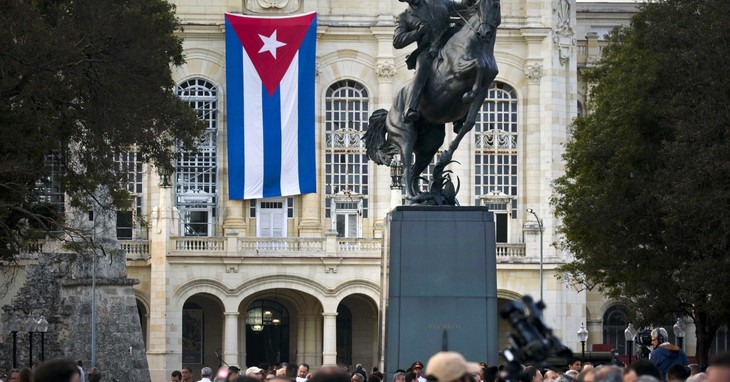
My message to conservative Americans is that the holiday is alienating for other people who do have shared values and even shared histories with you. What you do not see or hear is the conversation between the American-born children of immigrants on your own side of the aisle, the Columbus Day conversation between Cuban and Haitian (and other) lineages about Christoper Columbus actually landing on those islands. The implications for the nations and people where he actually stepped foot.
The same spirit of liberation that Americans celebrate with concrete culture and traditions on the Fourth of July exists in us when we think about our colonial independence. It makes no more sense to celebrate Spanish rulers than it does to celebrate America’s British oppressors. We celebrate our national identities, and breaking from those systems. Our views of Columbus Day are not rooted in anti-westernism, anti-Catholicism, or anti-Italian immigration. The historic ties that America has to Cuba, which are represented by Cuban-American immigrants and their children in the Republican Party, are based on bold and revolutionary acts of liberty. The heroes have been and will always be the liberators and our shared voyage is not for imposing, pillaging, exploitation, injustice, and greed. So, yes, celebrating Columbus Day is alienating Latinos and other Republicans because, like you, what they actually believe in is liberty.
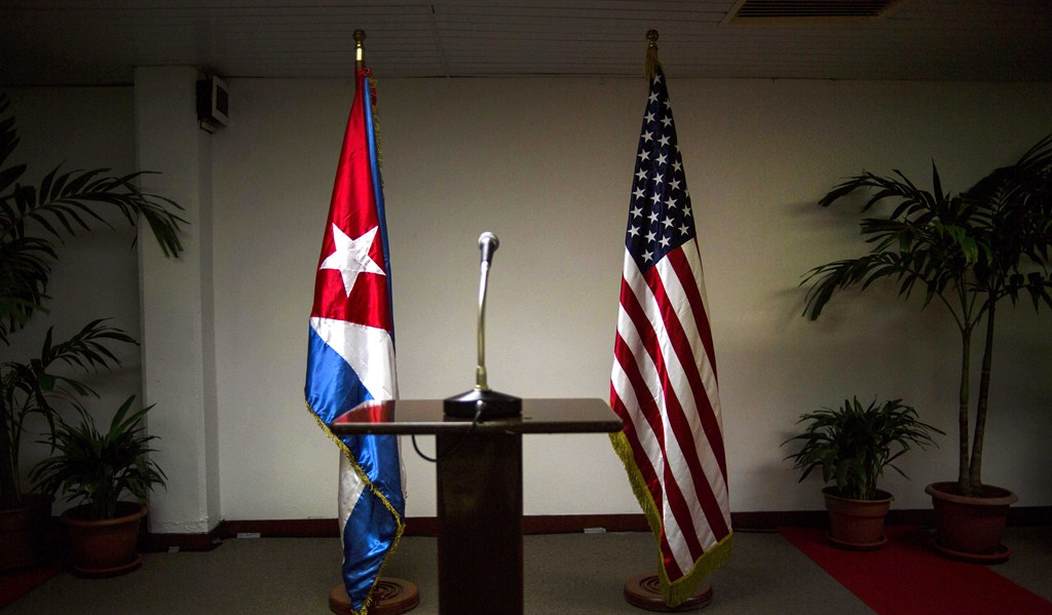




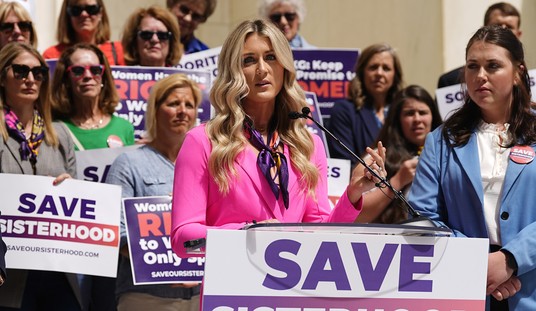

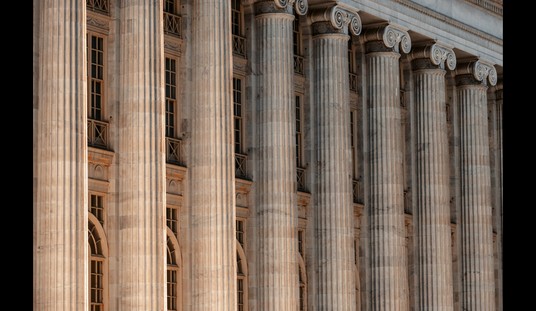

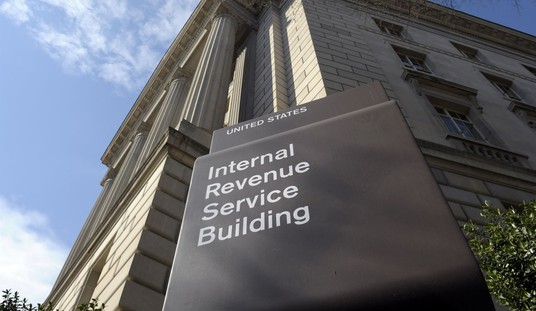




Join the conversation as a VIP Member